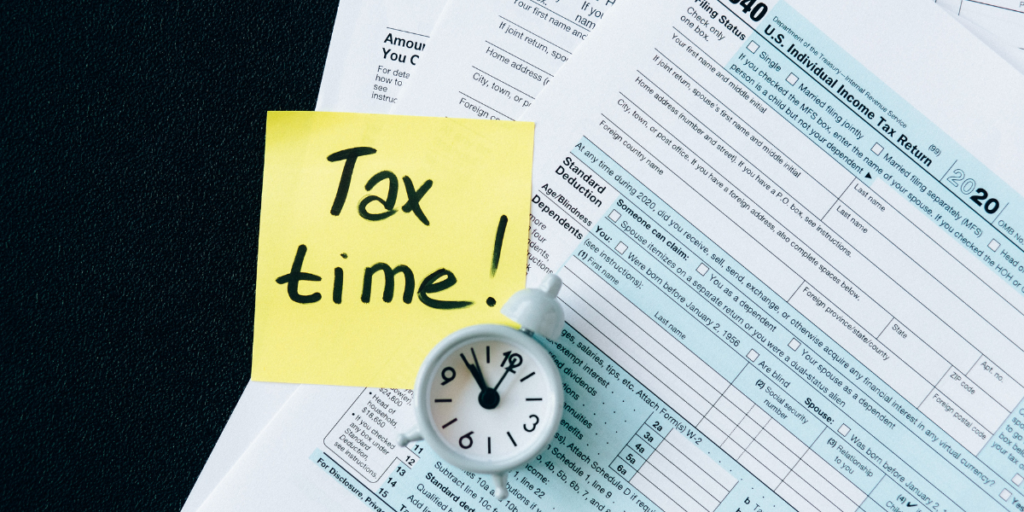Living abroad is an adventure and a privilege.
At Bright!Tax, we are expats too – our team members are based in over 30 countries! This gives us a unique insight into the experience and challenges of living overseas that lets us better serve our American expat clients.
Lots is happening here at Bright!Tax. Our team has more than doubled in size over the last year, and we’ve been rethinking our culture and values as we contemplate our exciting future.
Our Bright!Tax Values are:
Act with Integrity – Have Fun – Strive for Perfection – Exercise Balance – Be Extremely Kind
We live by our values (and we think you might, too). They are also reflected in our renewed commitment to offering the best possible service to all of our American clients who reside in over 200 countries worldwide.
What’s new for Americans filing from abroad in 2022?
The IRS Standard Deduction increased in line with inflation for tax year 2021 (so for filing in 2022), to $12,550. This means that if your income in 2021 exceeded this amount, you have to file US taxes in 2022, wherever in the world you live or your income was sourced.
The only exceptions are if you’re married to a non-American and file separately, or if you have $400 or more of self-employment income.
If you claim the Foreign Earned Income Exclusion (rather than the Foreign Tax Credit) when you file in 2022, the amount of earned income you received in 2021 that you can exclude from US tax has also increased, to $108,700. Always consults your CPA to determine whether the FEIE or FTC works best for you.
Reporting requirements for foreign bank accounts, investments, pensions, and businesses remains unchanged, meanwhile.
The IRS is increasing its focus on Cryptocurrencies, and any receipt, sale or purchase of cryptos in 2021 has to be reported. Virtual currencies are currently treated as property (unless they are received as payment for work, in which case they are considered income), so selling crypto can have capital gains tax considerations. Holdings will soon have to be reported on Foreign Bank Accounts Reports (FBARs) too, though not for the 2021 tax year.
Expat parents will be happy to hear that the Child Tax Credit is higher for the 2021 tax year, rising from $2,000 with $1,400 refundable in 2020, to a 100% refundable $3,000 per dependent child. If you claim the Foreign Tax Credit and don’t owe any US tax, this means you can receive an IRS tax refund of $3,000 per child.
If you’re eligible for the last COVID relief Stimulus Check but haven’t received it yet, then you will receive it as a refund when you file in 2022, as the last round of checks were advance credits for the 2021 tax year.
President Biden is still seeking to introduce some tax changes that could affect expats in the Build Back Better Act, such as an increase in GILTI corporation tax on overseas registered corporations owned by Americans, however whether the bill will pass or not is still uncertain.
Catch up if you’re behind
The IRS is getting increased funding to better enforce international US tax and reporting compliance. It currently receives American expats’ financial details from their overseas banks and other financial accounts directly, and it is investing to be able to better process this information. If you haven’t been filing from abroad, there’s never been a better time to catch up under the Streamlined Procedure amnesty program, which provides the opportunity to avoid IRS back taxes and penalties.



